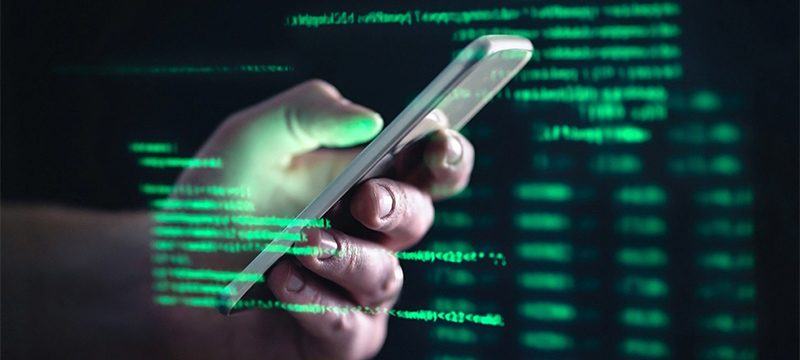
Verizon Business 2024 Mobile Security Index reveals escalating risks in mobile and IoT security
80% of responding organizations consider mobile devices critical to their operations, while 95% are actively using IoT devices
96% of critical infrastructure respondents use IoT devices, with 53% having experienced a significant mobile or IoT device-related security incident
77% of respondents anticipate that AI-assisted attacks, such as deep fakes and SMS phishing, are likely to succeed
Today, Verizon Business released its 2024 Mobile Security Index (MSI) report outlining the top threats to mobile and IoT device security.
This year’s report, in its seventh iteration, goes beyond employee-level mobile usage and extends into the usage of IoT devices and sensors and the security concerns the growth of these devices can present especially as remote work continues to be a trend. This expanded view of mobile security concerns for organizations showcases the evolving threat landscape that CIOs and other IT decision-makers must contend with.
As dependency on mobile devices grows, so too do the risks, especially in critical infrastructure sectors where the consequences of security breaches can be catastrophic. The 2024 MSI, which surveyed 600 people responsible for security strategy, policy and management, underscores this point.
Employees are using more mobile and IoT devices, leading to increased cyber risks
The survey finds that 80% of respondents consider mobile devices critical to their operations, while 95% are actively using IoT devices. However, this heavy reliance comes with significant security concerns. In critical infrastructure sectors, where 96% of
respondents report using IoT devices, and more than half state that they have experienced severe security incidents that led to data loss or system downtime.
“These findings highlight the continued friction that employers face as more and more work is done on personal mobile devices,” said Phil Hochmuth Research VP, of enterprise mobility at IDC. “This is why we are seeing more and more employers move from a pure bring-your-own-device model to employer-provided devices where CIOs can have greater governance to protect critical infrastructure from cyber attacks.”
Additionally, Hochmuth says, organizations should adopt robust frameworks such as Zero Trust and the National Institute of Standards and Technology’s Cybersecurity Framework (NIST CSF) 2.0, and comply with mandates like the European Union’s NIS2 Directive.
Emerging AI cyber threats meet new AI defenses
Emerging artificial intelligence (AI) technologies are expected to exacerbate the mobile threat landscape, but it also presents opportunities for defence. A striking 77% of respondents anticipate that AI-assisted attacks, such as deepfakes and SMS phishing, are likely to succeed. At the same time, 88% of critical infrastructure respondents acknowledge the growing importance of AI-assisted cybersecurity solutions.
Accounting for IoT growth in cybersecurity planning
With companies increasingly deploying IoT devices, their digital landscapes are evolving, creating a need for cybersecurity strategies to evolve in kind.
“The Industrial Internet of Things (IIoT) is giving rise to a massive expansion in mobile device technology that goes well beyond phones, tablets and laptops. Enterprise networks now include all sorts of sensors and purpose-built devices that monitor, measure, manage and control commercial tasks and data flow,” said TJ Fox, SVP of Industrial IoT and Automotive, Verizon Business.
“That IIoT growth brings with it a proportionate need for more knowledge, awareness and IT solutions to ensure the security of those increasingly sophisticated networks. The growing importance that IoT plays in our customer’s technology ecosystem underscores why it should be a component in any sound cybersecurity program.”
What business leaders should know
The 2024 MSI helps inform cybersecurity decisions for leaders of businesses of all sizes and in key sectors. As mobile and IoT threats rise, the need for robust security measures has never been greater. In response to these growing threats, 84% of
respondents have increased their mobile device security spending over the past year, with 89% of critical infrastructure respondents planning further increases.
This year’s MSI includes contributions from Verizon’s partners including Ivanti, Lookout, Jam and Lookoutf, among others. Help your organization lower cyber risks by deploying comprehensive security protections, continuous employee education and advanced threat detection capabilities.
Read the Verizon Business 2024 Mobile Security Index to learn more about suggested best practices your organization can implement.
The post Verizon Business 2024 Mobile Security Index reveals escalating risks in mobile and IoT security appeared first on IoT Business News.
